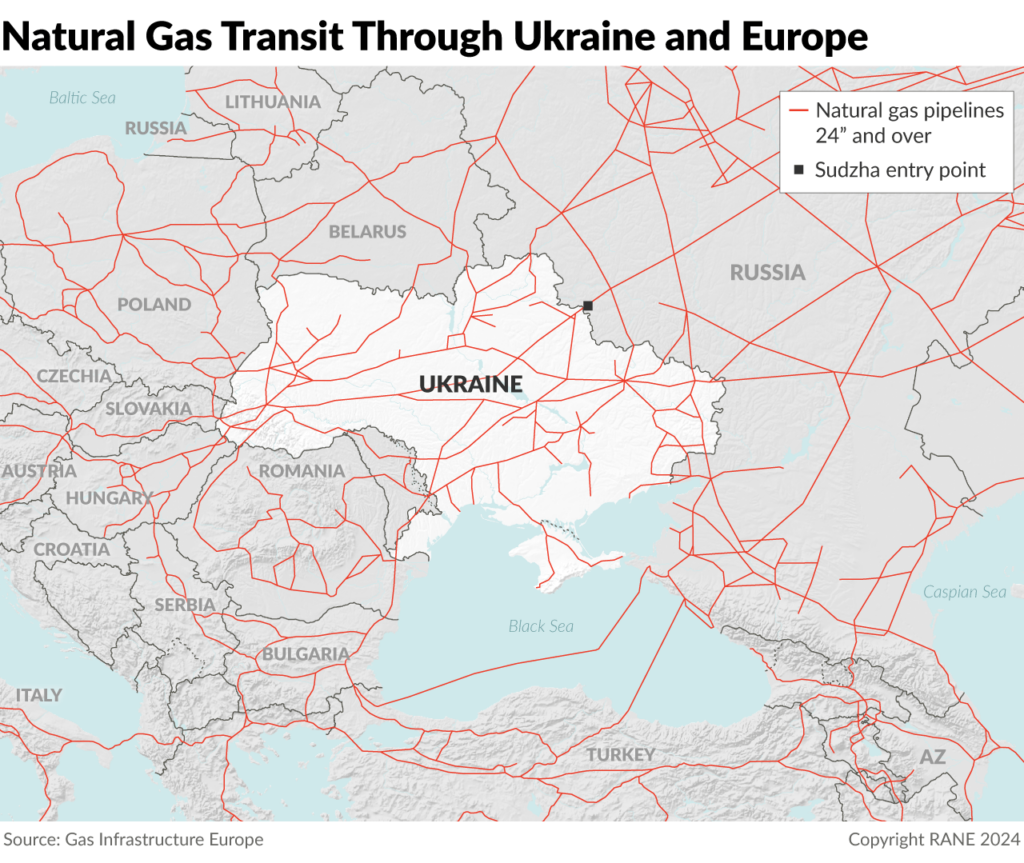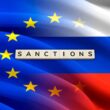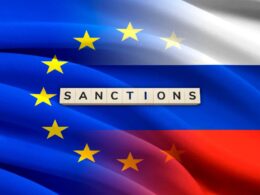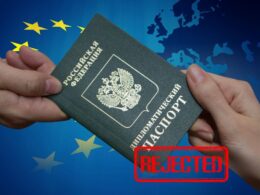This statement was made by Deputy Secretary of State Jeffrey Pyatt: “Energy trade, especially gas, has been the main vector of Russia’s influence on the Ukrainian economy since Ukraine gained independence. So why in God’s name would anyone be interested in continuing this relationship?”
Mr. Pyatt also welcomed the statement of European Commissioner for Energy Dan Jorgensen on the rejection of Russian gas and the commitment to phase out gas, nuclear and all other forms of dependence on Russian energy resources by 2027.
According to a U.S. official, the United States hopes that the end of the contract for the transit of Russian gas through Ukraine will be a powerful step toward ending the era of European dependence on Russian energy resources.

The gas transit contract between the governments of Ukraine and Russia expires on January 1, 2025. Europe has already taken steps to prepare for the transit shutdown. The share of Russian gas in Europe has dropped to 6%, and the share of Russian gas going through Ukraine has dropped to 4%.
Commenting on the pressure on Ukraine to extend the Russian gas transit contract, Pyatt noted that “it’s important that the pressure is coming from only one or two countries, and the signal from the European Commission is very clear.” Austria and Slovakia are considered to be the most vulnerable, having purchased more than 90% of their gas from Russia last year.
He is also convinced that the international community understands the need to cut off Russian energy resources. Pyatt added that the United States and allies will continue to increase sanctions to further limit Russia’s ability to use energy revenues for war.








